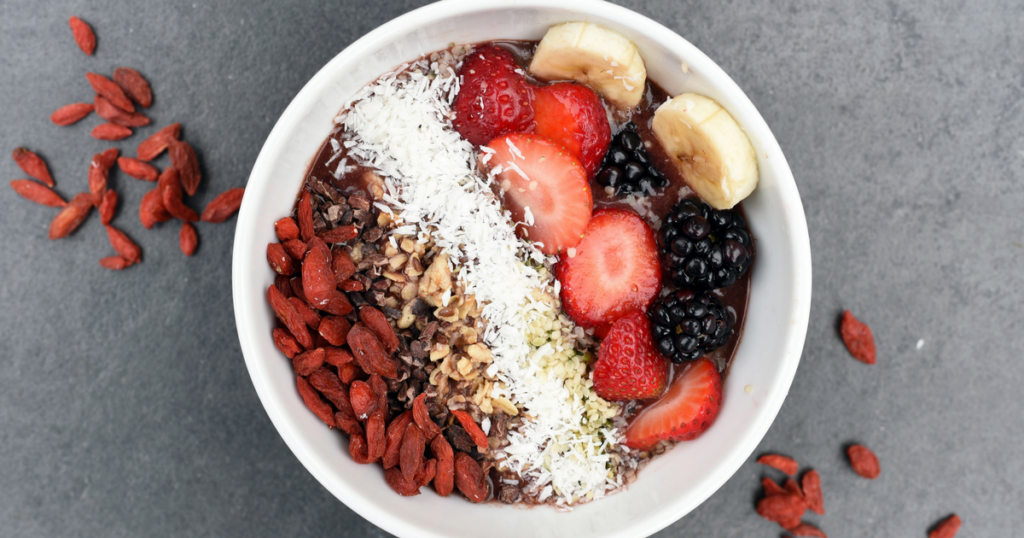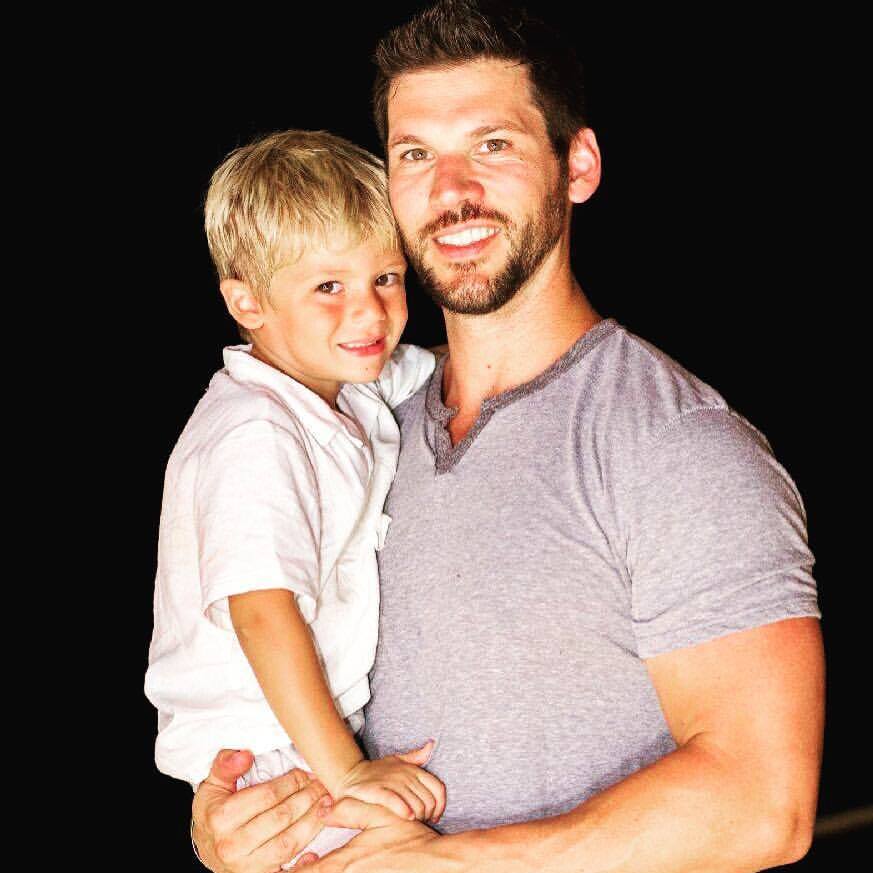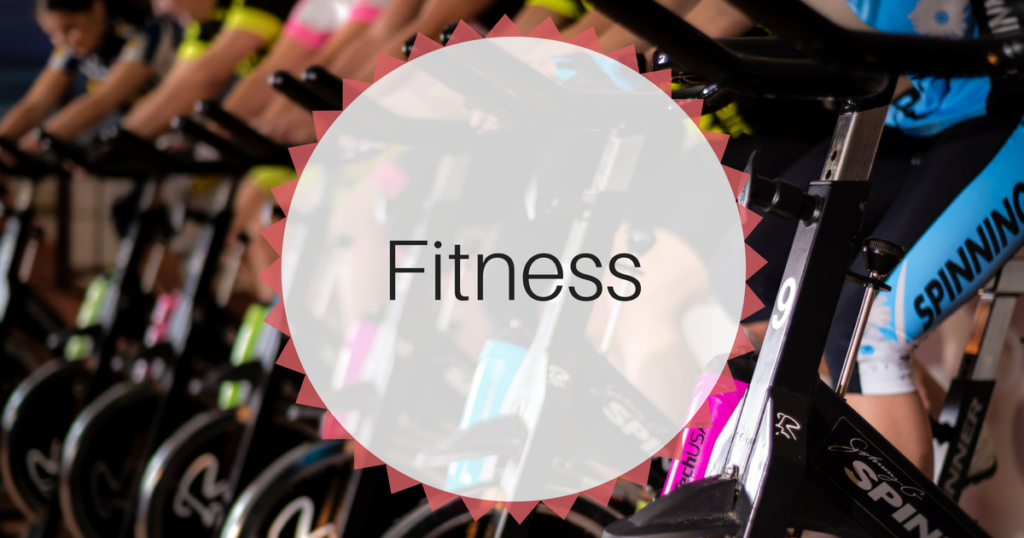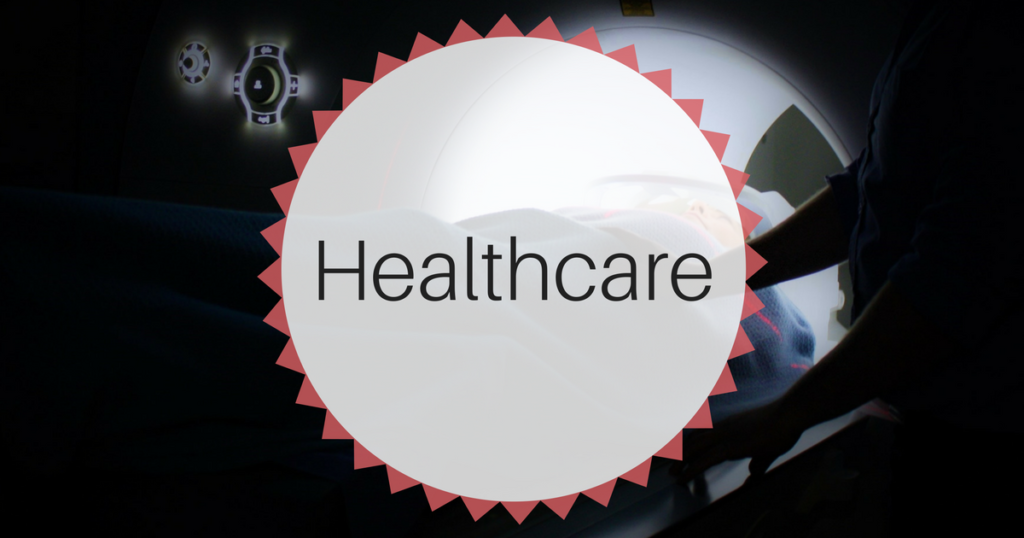Everyone ALWAYS asks – Does counting calories actually work?
 The short and long answer is YES!
The short and long answer is YES!
Doesn’t it make sense that you would need to know the total of the most important factor in fat loss (calories)? If not for the purpose of having a controlled starting point, then at least so that you can change your intake if progress stalls?
Even if you guess your way to fat loss, can you repeat that process later down the road? What if you are unnecessarily eating less food than you could be?
I’m pretty sure most people would vote for more food in their diet rather than less.
What if you could keep your calorie intake higher, and just increase your activity level for weeks before progress slowed? What if you could actually be eating carbs or having a glass of wine, and still lose fat??
Without knowing what your calorie intake is, you are voluntarily making your diet even harder than it already is, which increases the likelihood of failure.
When I have my first nutrition meeting with a new client, 9 times out of 10 the first thing we do is increase the number of calories they think they should be eating. The problem that most women have is that they think their calories need to be so low, that they can’t stick to the plan, and end up binging at the end of the day.
Little do they know that if they just ate more calories throughout the day, they wouldn’t be as hungry in the evening, and they could actually stick to the plan. The main argument against tracking your calorie intake is that it is somehow “obsessive”. I find this funny because that thought process only seems to apply to calorie tracking.
I’ve never heard anyone tell someone they were “obsessive” for keeping track of their bank account balance.
Especially when the 2 things are so similar. Fat loss is all about your energy balance. If you deposit more energy (calories) than you spend (activity) then you have a positive balance (fat gain). So unlike your bank account, in this example, you want to spend all your energy (calories), and then some.
So basically you want your activity level to write checks (activity) that your food intake (calories) can’t cash, (calorie deficit) which equals fat loss.
This is why most people fail. If you don’t know your income (calories) how can you make sure that you are expending more than you take in?
You can’t.
It becomes a confusing guessing game where you are afraid of eating certain things for fear of instant fat gain because you have no idea how much or what you can eat. Tracking your calories actually allows you to have more freedom when trying to lose body fat. It gives you the guidelines to be more flexible with your calorie intake, rather than trying to get through the day on chicken broccoli and tears.
So in reality, the one thing that you think is so difficult or “obsessive” is the one thing keeping you from being successful in your fat loss attempts. With apps out there like my fitness pal, logging your food is easier than ever before.





 Geoff is a the owner and one of the coaches at
Geoff is a the owner and one of the coaches at 






